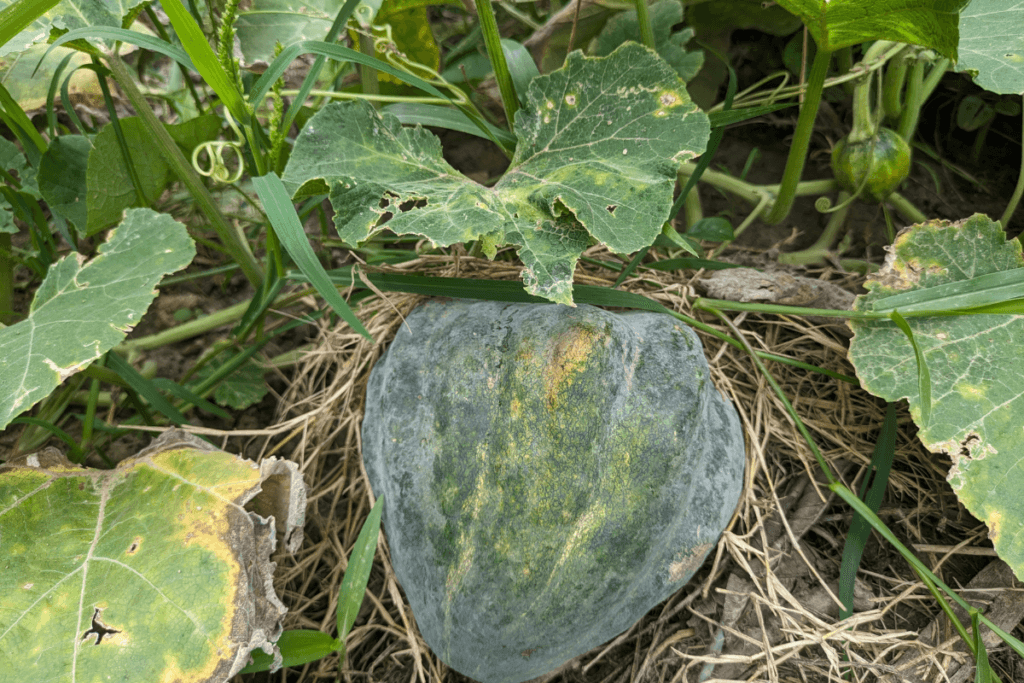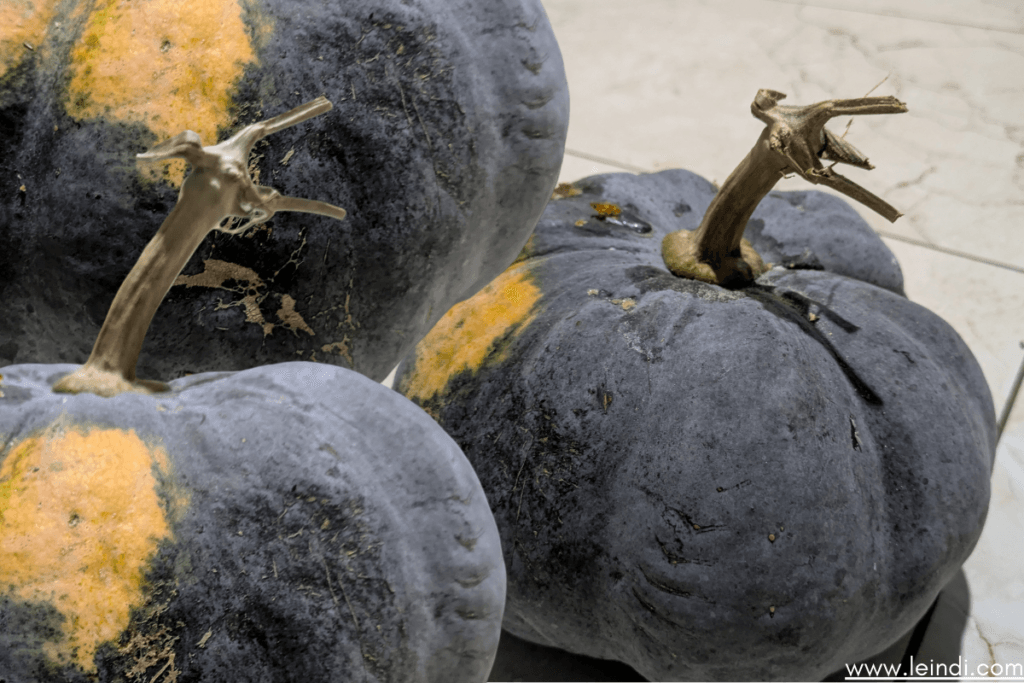The pumpkin, a proud member of the Cucurbitaceae family, is much more than a seasonal decoration or a symbol of autumn celebrations. For centuries, it has been valued for its remarkable nutritional benefits, health-promoting properties, and incredible versatility in the kitchen. From its vibrant orange flesh and nutrient-packed seeds to its tender leaves and delicate flowers, the pumpkin is a gift from nature that contributes immensely to human health and culinary traditions worldwide. In this expanded exploration, we delve into the history, nutritional benefits, medicinal properties, and diverse culinary uses of pumpkins to understand why they deserve a prominent place in both our diets and our lives.
A Glimpse Into Pumpkin’s History
The pumpkin’s journey began thousands of years ago in North America, where it was cultivated and cherished by Native Americans. Archaeological evidence suggests that pumpkins were first domesticated over 5,000 years ago, making them one of the oldest known crops. For Native Americans, pumpkins were more than just food; they were a vital part of their diet, especially during the autumn harvest. Often consumed fresh, roasted, or dried, pumpkins also provided a crucial source of nutrition during the long winter months.

When European explorers arrived in the New World, they were introduced to this extraordinary vegetable and quickly recognized its value. Pumpkins were taken back to Europe, where they gained popularity and became an integral part of local agriculture and cuisine. Today, pumpkins are cultivated in nearly every corner of the globe, with different varieties adapting to diverse climates and culinary traditions. Species such as Cucurbita pepo, Cucurbita maxima, and Cucurbita moschata are among the most commonly grown, each offering unique characteristics and flavors.
Nutritional Value: A Treasure Trove of Health
Pumpkins are nutritional powerhouses, offering an impressive array of vitamins, minerals, and dietary fiber—all while being low in calories. A modest 100-gram serving of pumpkin provides the following nutritional profile:
| Nutrition Name | Nutritional Value |
| Calories | 26 kcal |
| Protein | 1 gram |
| Fat | 0.1 gram |
| Carbohydrates | 0.5 gram |
| Sugar | 2.8 grams |
However, the true magic lies in the abundance of micronutrients that pumpkins provide, making them an essential addition to a healthy diet.
Vitamin A and Beta-Carotene: Pumpkins are best known for their exceptional levels of beta-carotene, a plant pigment that the body converts into vitamin A. Just 100 grams of pumpkin can supply over 200% of the daily recommended intake of vitamin A, which plays a vital role in maintaining good vision, supporting a strong immune system, and promoting healthy skin. Beta-carotene also acts as a potent antioxidant, protecting the body from free radical damage.
Vitamin C: Rich in vitamin C, pumpkins help bolster the immune system and combat oxidative stress. With approximately 10% of the daily vitamin C requirement in a single serving, pumpkins are a natural way to protect against common illnesses like colds and flu, particularly during the colder months.
Potassium: Potassium is essential for maintaining healthy blood pressure, supporting muscle contractions, and ensuring proper nerve function. A 100-gram portion of pumpkin provides around 340 mg of potassium, making it an excellent choice for heart health and overall wellness.
Magnesium and Iron: Magnesium is vital for muscle and nerve function, bone health, and energy production. Pumpkin’s modest magnesium content supports these critical processes. Additionally, the vegetable contains iron, which is essential for oxygen transport in the blood and preventing anemia.
Dietary Fiber: It’s high fiber content supports digestive health by promoting regular bowel movements, preventing constipation, and fostering a healthy gut microbiome. A diet rich in fiber is also linked to reduced risks of heart disease and improved weight management.

Health Benefits of Pumpkin
The nutritional richness of pumpkin translates into numerous health benefits, making it a true superfood for the mind and body.
Immune System Support
Thanks to its generous amounts of vitamin A, vitamin C, and other antioxidants, It is a natural immune booster. These nutrients work together to strengthen the body’s defenses, fight off infections, and promote faster recovery from illnesses.
Eye Health
The beta-carotene in pumpkins converts into vitamin A, which is essential for maintaining good vision. It protects the surface of the eyes, supports the functioning of the retina, and reduces the risk of age-related macular degeneration and night blindness. Regular consumption of pumpkin can significantly contribute to long-term eye health.
Digestive Wellness
Dietary fiber in pumpkin aids in maintaining a healthy digestive system. By regulating bowel movements and preventing constipation, it ensures a smooth and efficient digestive process. Additionally, fiber supports a balanced gut microbiome, which is crucial for overall well-being.
Heart Health
The potassium and magnesium in it help regulate blood pressure and support cardiovascular health. Potassium balances sodium levels in the body, reducing the risk of hypertension, while magnesium contributes to healthy heart rhythms. Fiber and antioxidants further promote a healthy heart by reducing cholesterol levels and preventing oxidative damage to blood vessels.
Weight Management
Low in calories and high in fiber, it is a fantastic addition to any weight-loss plan. Its fiber content promotes a feeling of fullness, reducing overall calorie intake and curbing unhealthy snacking. Its natural sweetness can also satisfy sugar cravings without adding excessive calories.
Anti-Inflammatory Properties
This vegetable contains compounds with anti-inflammatory properties that may help reduce inflammation linked to chronic conditions like arthritis, diabetes, and heart disease. These properties make it a valuable part of an anti-inflammatory diet.
Skin Health
The combination of vitamin A, beta-carotene, and antioxidants makes it a natural ally for healthy, glowing skin. These nutrients protect against sun damage, reduce signs of aging, and improve skin elasticity. Many skincare products also incorporate extracts from this vegetable for their hydrating and exfoliating properties.
Culinary Uses
One of the most exciting aspects of this vegetable is its incredible versatility in the kitchen. From comforting soups and savory dishes to delectable desserts and snacks, it can be prepared in countless ways to suit a variety of tastes and traditions.
Pumpkin Soup: A bowl of warm, creamy soup is the epitome of comfort food. This dish is simple to prepare and can be enhanced with ingredients like garlic, onions, ginger, and spices such as nutmeg, cinnamon, or curry powder. It is a staple in many households during autumn and winter.
Pumpkin Pie: Perhaps the most iconic dish, this classic dessert graces the tables of Thanksgiving feasts. Made with a spiced filling and a flaky pie crust, it is a delicious way to celebrate the flavors of the season.
Roasted Pumpkin: Roasting this vegetable brings out its natural sweetness and enhances its rich, earthy flavor. Cut it into cubes or wedges, drizzle with olive oil, and season with salt, pepper, and herbs. Roasted pieces make a wonderful side dish or can be added to salads, grain bowls, or pasta dishes.
Pumpkin Smoothies: For a nutrient-packed breakfast or snack, blend puree with ingredients like bananas, yogurt, almond milk, and a dash of cinnamon. The result is a creamy, satisfying smoothie that’s perfect for a healthy start to the day.
Pumpkin Seeds: Don’t discard the seeds! These nutritional treasures are rich in magnesium, zinc, and healthy fats. Roast them with a sprinkle of salt or spices for a crunchy snack, or use them as a topping for salads, soups, or granola.
Pumpkin Bread and Muffins: Baked goods like bread and muffins are a delightful way to enjoy this versatile ingredient. Flavored with warm spices like cinnamon, nutmeg, and cloves, these treats are perfect for breakfast or as a midday snack.
Pumpkin Curry: In many Asian and Indian cuisines, it is used to create rich, flavorful curries. Cooked with spices such as turmeric, coriander, cumin, and garam masala, these curries are hearty vegetarian dishes that pair beautifully with rice or flatbreads.
Pumpkin Pancakes and Waffles: Adding puree to pancake or waffle batter infuses these breakfast favorites with moisture and flavor. Serve them with maple syrup, whipped cream, or a sprinkle of cinnamon for a decadent morning treat.
Conclusion
This vegetable is a true marvel of nature—seamlessly blending nutritional excellence, health benefits, and culinary adaptability. Whether you’re savoring a slice of pie, enjoying a bowl of soup, or snacking on roasted seeds, it has something to offer everyone. Its rich history, incredible nutrient profile, and numerous health-promoting properties make it a worthy addition to any diet. So, the next time you encounter one, embrace its potential and let it inspire your culinary and wellness journey.







